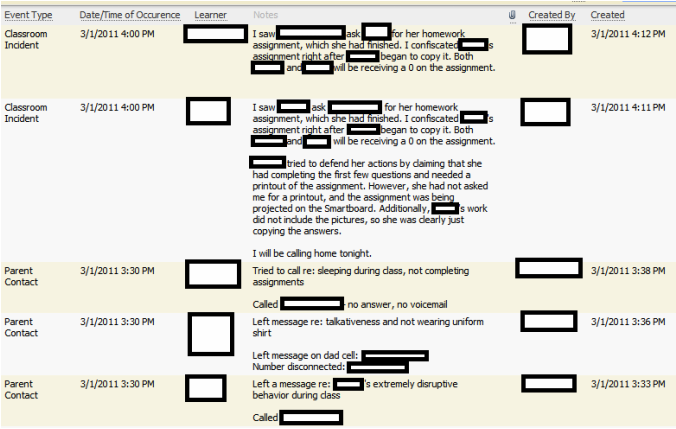1) It requires motivation. Students who might be motivated in the classroom because the teacher is there making sure they focus are not necessarily going to go home excited to watch a video on how to draw a line on a graph. I don't mean to say students won't benefit. There are just many who - for whatever reason - are going to forget to watch, not want to watch, or be too distracted to watch.
2) It is not teaching problem solving or critical thinking. Each video tutorial and problem set are for a specific skill. This is most definitely important as my students are lacking in many specific areas. That being said, it is important that they also develop the brain capacity to decide WHICH skill to use for a particular situation. Practicing an algorithm is useful to a point. Knowing when to use it is better.
3) It still does not get at the core of intrinsic motivation. By providing points for completing exercises, watching videos, etc it is applying a concrete (albeit digital) response to completing work. I agree it can be very motivating to get points, but when the focus is on the points, students are not always going to take the information they are processing and want to use it elsewhere. If they are not graded on it later, why bother?
So overall I like the idea - I stand by the demo lessons I make and send home with my students. But the teacher is a crucial part of the equation. Without a guiding facilitator the student may never learn how or when to use those skills.



 RSS Feed
RSS Feed
